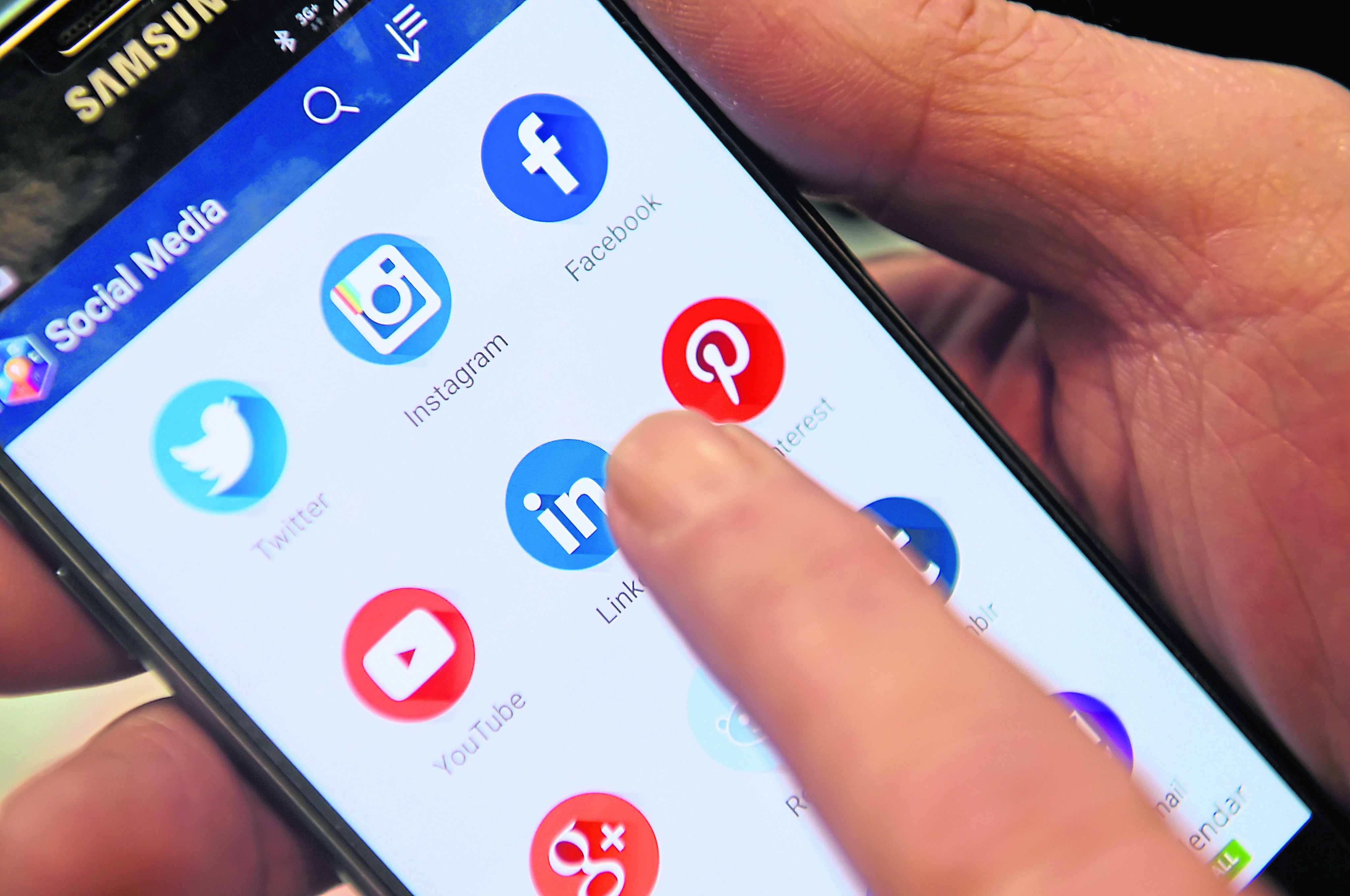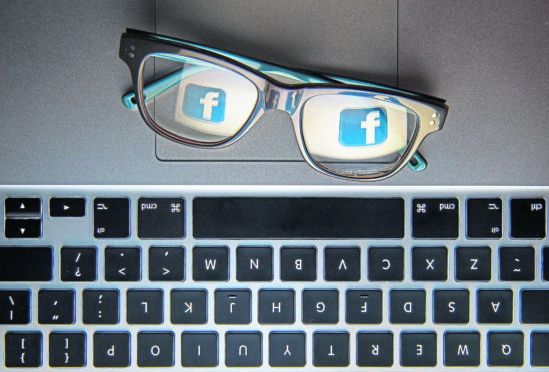“Relating to or denoting circumstances in which objective facts are less influential in shaping public opinion than appeals to emotion and personal belief.”
This is what the Oxford English Dictionary says about the 2016 phrase of the year, “post-truth world”. In layman’s terms, we could say, it’s like cherry-picking data to come to the conclusion we want. Oh, I’m looking forward to getting my teeth into this one. Here goes.
Let’s take Israel and Gaza. When working on and writing about this issue, apart from the best source of info, which is always speaking to people on the streets directly involved, I absorb everything from The Times of Israel, Jerusalem Post, Palestinian News Network, Al-Jazeera, Hamas press releases and even the IDF Twitter feed, to name but a few. I rarely, if ever, see “blatant lies”, but I most certainly see one-sidedness.
I’ve heard the phrase “false balance”, and that sums it up perfectly. Every side is desperate to tell you about the terrible things done to them by the other side. It’s not a lie, it more than often did happen. But, and this is crucial, they fail to tell you about the terrible things that they did to the other side. This is replicated in areas of conflict and contention the world over. The end result being that members of the public who may only read a specific publication or visit a specific site get their already made-up minds massaged and caressed and never see the other side of the coin.
In our post-truth world, that old standard called “fact” has become secondary to emotion. Debates over, say, immigration, are often ruined by appealing to raw emotions rather than cold, hard facts. No more so is this prevalent than with my pet hate, social media, where many keep themselves in their own online groups, sharing info and photos and “likes” or “dislikes” of so-called “news” with mostly those who agree with them.
How on Earth can anyone come to a conclusion about important world issues if all they do is read or communicate with those who agree with them? It seems millions have already made up their minds, therefore facts just do not matter, especially if they go against the view you already hold.
If you have an internet connection and a few quid, anyone can set up a website and write any conspiracy theory or give any political view they want. On Twitter, you can do it for free. Your content may be post-truth, very one-sided or downright fake news, and worryingly, what you post online is answerable to no one.
Millions read this stuff, tell their friends, and like a spider’s web it spreads as they all click on, say, an image of a wounded child and quickly jump to their own conclusions. There seems to be precious little “allegedly” these days…
You know, I have more than enough extremely powerful photos from world conflict areas, and if I was that way inclined, I could easily set up a Twitter account and post just that, no text, just photos with screaming headlines, “Brutality”, or “Terrorists” and very soon it would get re-tweeted and go global. I won’t do it, because not only will it not help the situation there, it will help flan the flames of one-sidedness and hate.
To get something even resembling the full picture, we’ve got to look well beyond the attention-grabbing headline photo.
Another massive problem is fake news, which is more and more becoming mass produced in high-tech factories by teams working for certain governments who churn out highly dubious info that the gullible lap up. Russia, among others, has been accused of this, and thousands of accounts have been deleted by Facebook.

Worse than this is AI – artificial intelligence. Computer-generated propaganda spewed out and sent directly to you because it “appeals” to your opinions, likes and dislikes. How is this even possible? Easy, it’s happening now. Again, many people unwittingly hand over huge chunks of their personal life online and tell Facebook, etc, all about themselves. This info is worth its weight in pure gold, as they then use the info you have given them and then give you the news that coincides with your likes and dislikes.
Clever. Scary. 1984.
Facts and opinions are two very different things. I love this quote, I wish I could claim it as my own, but I can’t: “You’re entitled to your opinion, just not your own set of facts.” This should be the mantra for trying to overcome our post-truth world.
You may argue that spring is a better season than winter, or you may argue that, no, winter with its cold crisp days is far superior. This is called having a view or opinion. But what you cannot credibly come out with is that spring falls directly before winter. Sadly, many are doing just that with “news” regarding world events. They are ignoring fact and basing the “truth” on their opinions. Facts are irrelevant to many, they only want to hear what they want to hear. The “truth” to such people is whatever story backs up their already held view.
Here’s one classic example. For some reason, when chatting with a Russian friend, the Falklands came up. “It’s terrible what your country did there,” she scolded me.
“Ah, you mean you believe we took it and it belongs to Argentina? Well, that’s fair enough, let’s debate…” But she stopped me in my tracks.
“No. I mean it’s terrible that the British bombed the islands killing the Argentinian women and children there, before Argentina came to help.”
I was flabbergasted. “Are you serious?” I asked her. “Oh you really need to go and do a fact check.”
“Yes but…”
This time I stopped her in her tracks. “No, my friend, this is not about opinions. You are starting from a position of total falsehood. It’s ludicrous to say that Britain bombed Argentinian women and children living on the Falklands. There weren’t any there! Look, just go and fact check how it all started. Then, and only then, can we debate who it belongs too. I have no problem with you saying it belongs to Argentina, but I’m not listening to this drivel.”
She did, and of course came back admitting she now knew what happened in 1982.
So why did she believe that blatant lie in the first place? Because that’s what she’d been told by the system under which she then lived. And like a good patriot, she lapped it up.
You may be thinking, so what? So what if an individual naively believes anything and everything their side tells them. It doesn’t matter.
But it does. The above is just one small example with one person. Now multiply that by hundreds of millions who only hear what they want to hear, and you can see how big and dangerous the problem of the post-truth world is.
We can’t stop the growing tide of fake news or one-sidedness that’s out there. There is an answer though. Good old-fashioned print journalism, newspapers, good-quality newspapers that have to adhere to fact checking, industry standards and most importantly are independent and free of government control.
All newspapers have taken a bashing with falling sales in the past few years, as many people claim they don’t trust “mainstream media”. Scary. Scary that many now place said trust in one-liners, snippets and headline attention-grabbing photographs from social media.
All it takes is for each individual to take responsibility for what they swallow. By simply reading and watching as much as possible from right across the board, especially views from those with whom we tend to disagree. It’s not difficult but I’m not naive, it won’t happen, simply because many will not do their own research, especially if it means it may contradict the views they’ve held for a long time. It’s safer in their own “truth” bubble, you see.
Safer yes, but very dangerous. What was it that Nazi propagandist Goebbels use to say? “If you repeat a lie often enough, it becomes the truth. If you tell a lie big enough and keep repeating it, people will eventually come to believe it.”
To contact George directly about any of his columns, email nadmgrm@gmail.com

